US and Japan double down on joint semiconductor research
Representatives from the two nations met last week to outline how they would cooperate on technology-related issues


The US and Japan have agreed to foster supply chain resilience in strategic sectors, including semiconductors.
The US secretary of state Anthony Blinken and secretary of commerce Gina Raimondo co-hosted Japan’s minister for foreign affairs Yoshimasa Hayashi and minister of economy, trade, and industry Koichi Hagiuda for the inaugural ministerial meeting of the U.S.-Japan Economic Policy Consultative Committee (EPCC) on July 29, 2022.
The countries welcomed the progress of a joint task force announced in May which was set up to explore the development of next-generation semiconductors and commit to continued cooperation through this mechanism. Local media outlets in Japan reported last week that this included opening a research and development centre for 2-nanometre chips by the end of the year through a partnership between the two countries.
Raimondo praised the passing of the $52 billion CHIPS Act, which is set to boost domestic semiconductor production, and highlighted it would also strengthen the country’s partnership with allies like Japan.
“It will enhance our joint work on supply chains, promote the competitiveness of both of our nations, and importantly, make us less dependent on our adversaries for such a critical piece of technology,” said Raimondo. “I look forward to the day, not too far from now, where here in America we have American-made chips supplying Japanese auto plants here in the United States.”
Hagiuda added that the task force will work to develop the next generation of semiconductors, involving universities in Japan like the University of Tokyo and RIKEN.
“Wisdom will be collected to launch a new R&D organization,” said Hagiuda. “It will be made open to overseas businesses and research institutes, inclusive of Japan, US, and like-minded countries in the region. We hope to make into a hub for the international joint research.”
Get the ITPro daily newsletter
Sign up today and you will receive a free copy of our Future Focus 2025 report - the leading guidance on AI, cybersecurity and other IT challenges as per 700+ senior executives
The US and Japan also intend to continue supporting efforts to deploy secure and open 5G networks globally given an ambition to significantly expand market share of Open RAN in the global 5G market by 2030. This will be done through workshops, seminars, and proof-of-concept projects in third countries, and will promote secure technology options for advanced communications networks, including Open RAN-based approaches to wireless network technology.
The two countries intend to continue to strengthen their coordination on digital policy issues and foster collaboration with partners to promote and support strategically important and mutually beneficial projects of secure and trusted submarine cable systems.
The US and Japan will also continue joint efforts on implementing more effective and agile export controls on critical and emerging technologies, including microelectronics and cyber surveillance systems, to address the misuse of critical and emerging technologies by malicious actors and inappropriate transfers of emerging technology through research activities.
The two countries also affirmed the importance of sharing information relating to threats to critical infrastructure.
Moreover, the US and Japan have committed to enhancing international efforts to address barriers to cross-border data flows, while respecting different approaches to data governance. They hope to advance a common understanding and foundation to promote data-free flow with trust among like-minded democracies.
The two nations also intend to promote information sharing on cyber security threats including through discussion of threat assessment and mitigation efforts in the Japan-U.S. Cyber Dialogue.
Zach Marzouk is a former ITPro, CloudPro, and ChannelPro staff writer, covering topics like security, privacy, worker rights, and startups, primarily in the Asia Pacific and the US regions. Zach joined ITPro in 2017 where he was introduced to the world of B2B technology as a junior staff writer, before he returned to Argentina in 2018, working in communications and as a copywriter. In 2021, he made his way back to ITPro as a staff writer during the pandemic, before joining the world of freelance in 2022.
-
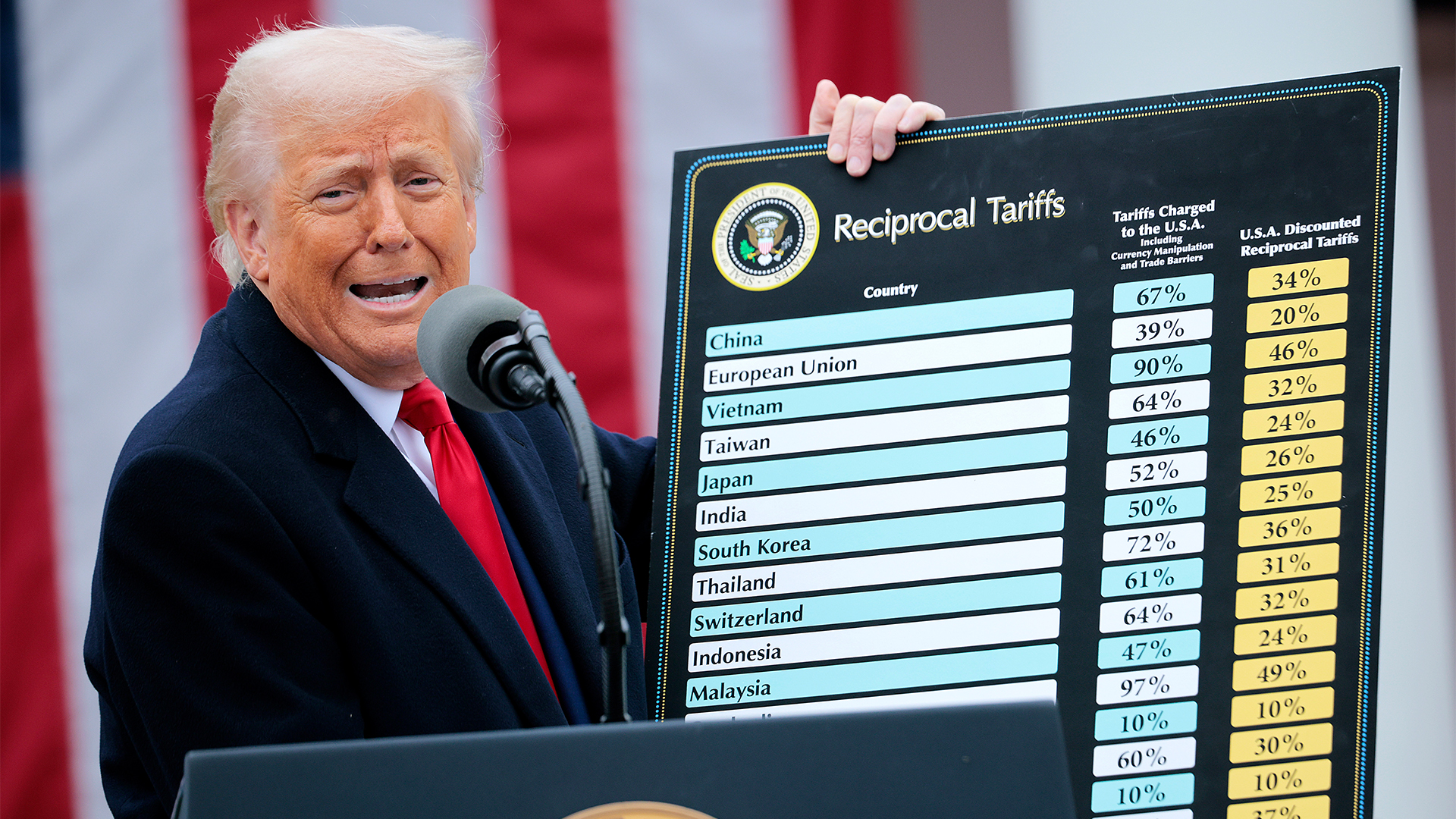 IDC warns US tariffs will impact tech sector spending
IDC warns US tariffs will impact tech sector spendingNews IDC has warned that the US government's sweeping tariffs could cut global IT spending in half over the next six months.
By Bobby Hellard
-
 US government urged to overhaul outdated technology
US government urged to overhaul outdated technologyNews A review from the US Government Accountability Office (GAO) has found legacy technology and outdated IT systems are negatively impacting efficiency.
By George Fitzmaurice
-
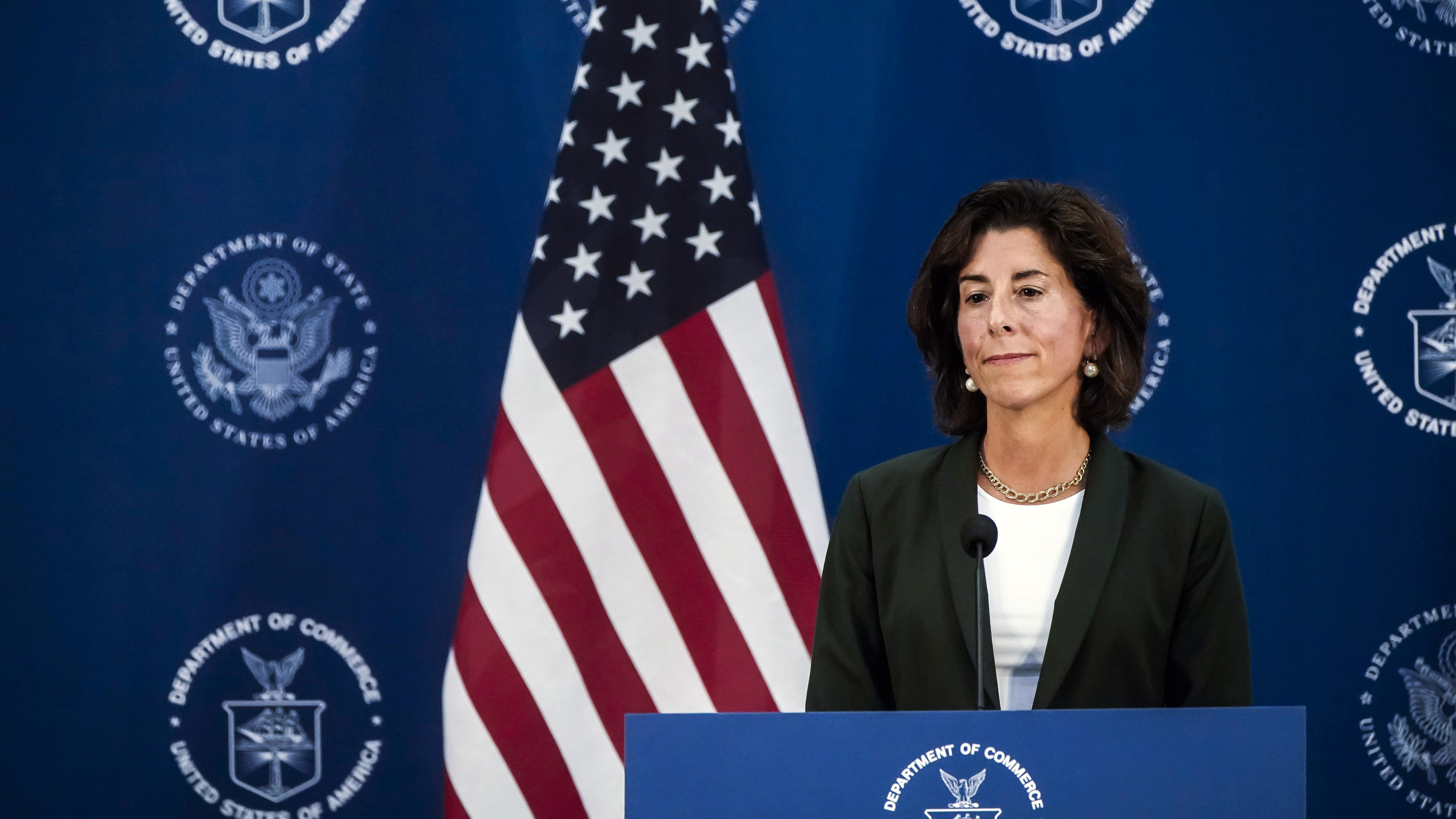 US proposes new ‘know-your-customer’ restrictions on cloud providers
US proposes new ‘know-your-customer’ restrictions on cloud providersNews The US aims to stifle Chinese AI competition with new restrictions on cloud providers to verify foreign data center users
By Solomon Klappholz
-
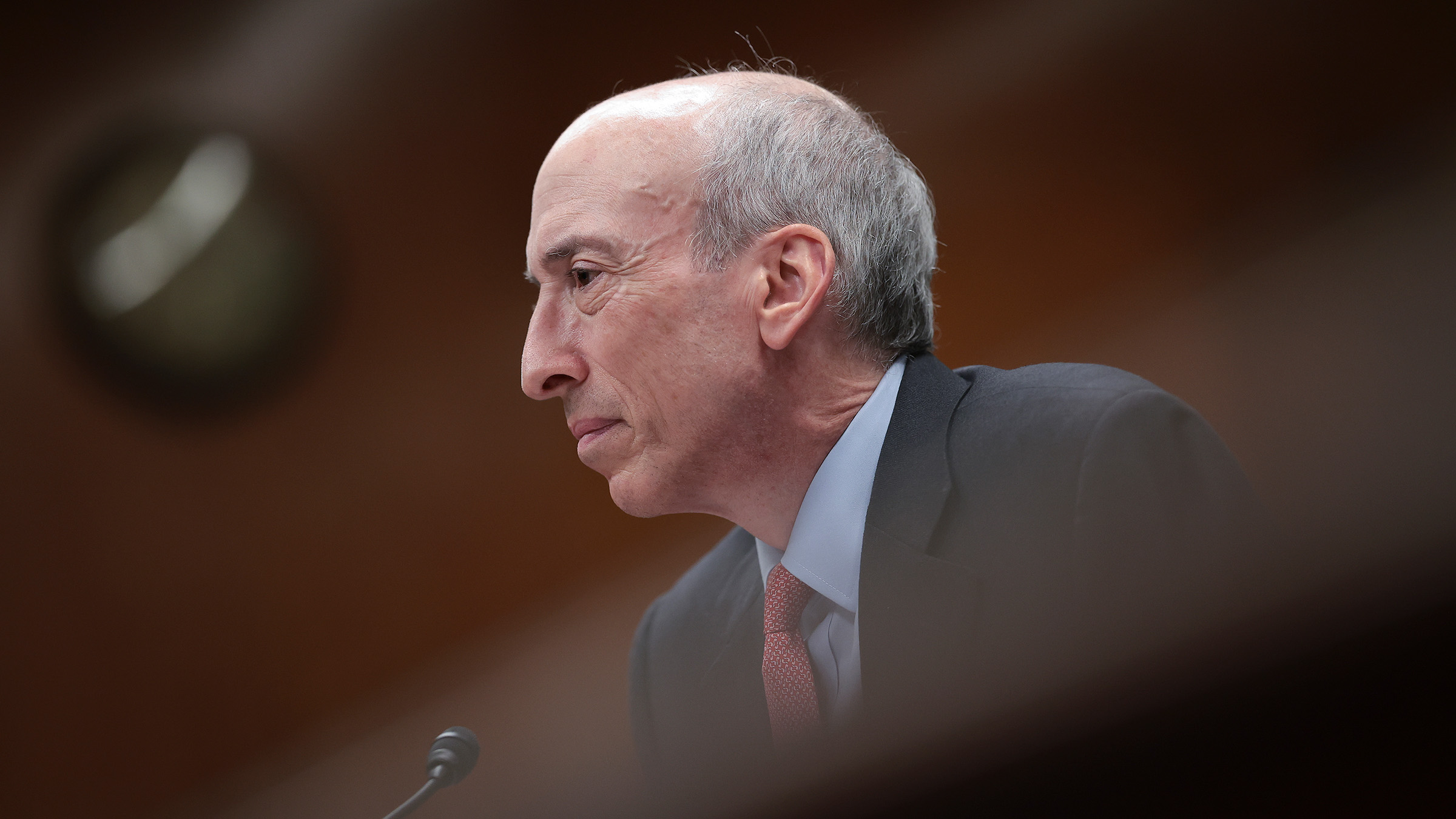 SEC passes rules compelling US public companies to report data breaches within four days
SEC passes rules compelling US public companies to report data breaches within four daysNews Foreign entities trading publicly in the US will also be held to comparative standards
By Rory Bathgate
-
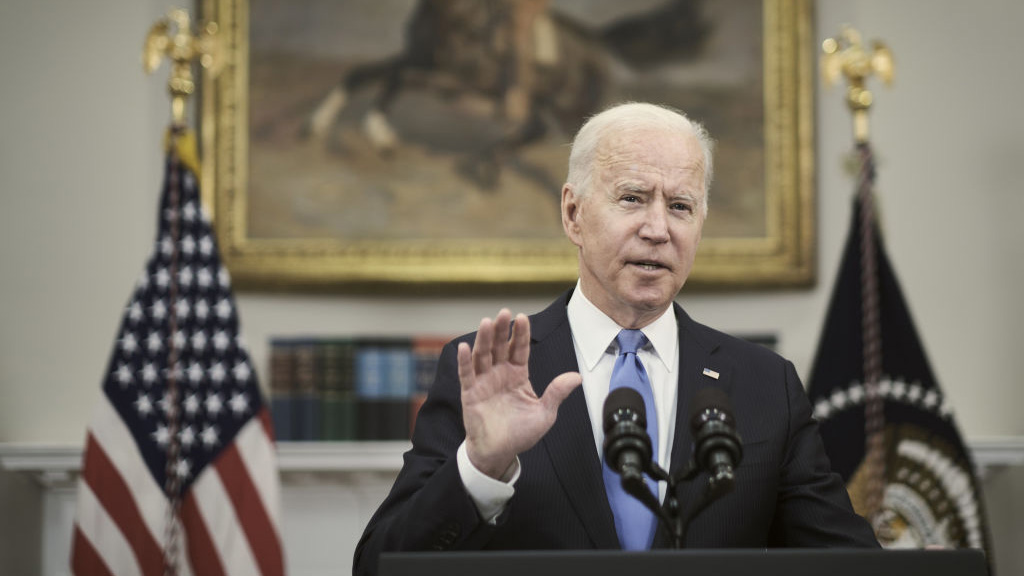 US says National Cybersecurity Strategy will focus on market resilience and private partnerships
US says National Cybersecurity Strategy will focus on market resilience and private partnershipsNews The recently announced implementation plans alow for more aggressive action against ransomware gangs
By Rory Bathgate
-
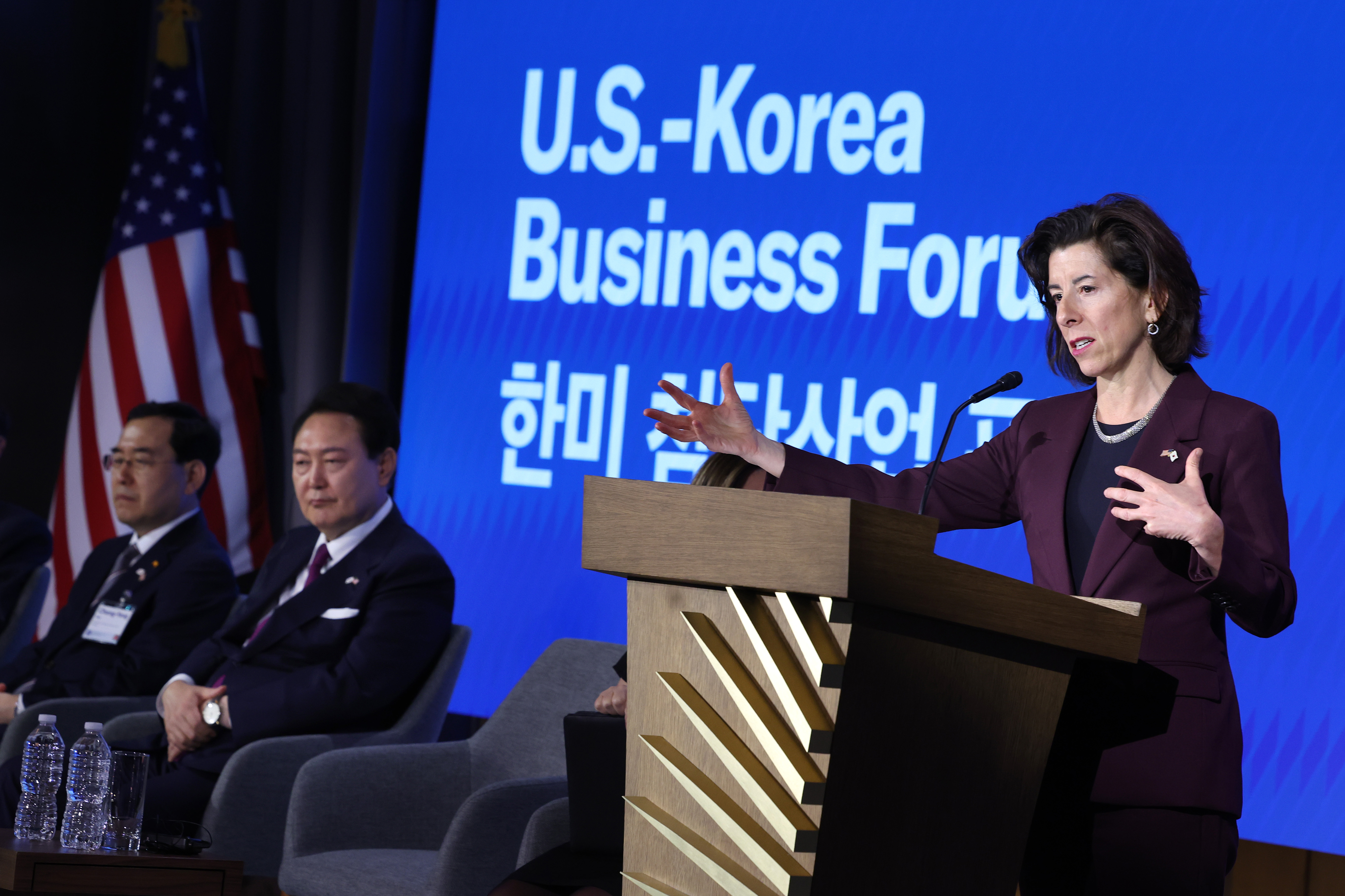 US ‘Tech Hubs’ drive aims to boost innovation in American heartlands
US ‘Tech Hubs’ drive aims to boost innovation in American heartlandsNews The development of the hubs will could help drive regional innovation and support for tech companies
By Ross Kelly
-
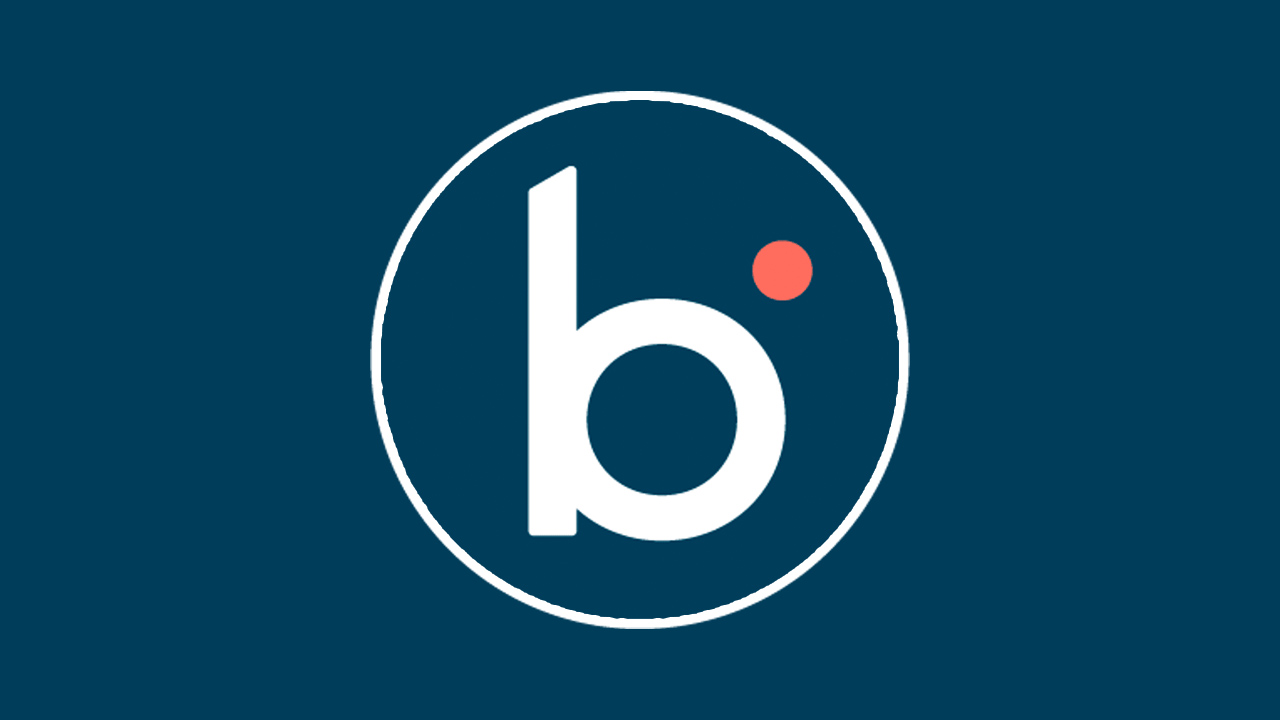 Boomi snaps up former MuleSoft executive as APJ channel lead
Boomi snaps up former MuleSoft executive as APJ channel leadNews Global software veteran Jim Fisher will work to expand the company’s channel operations across the region
By Daniel Todd
-
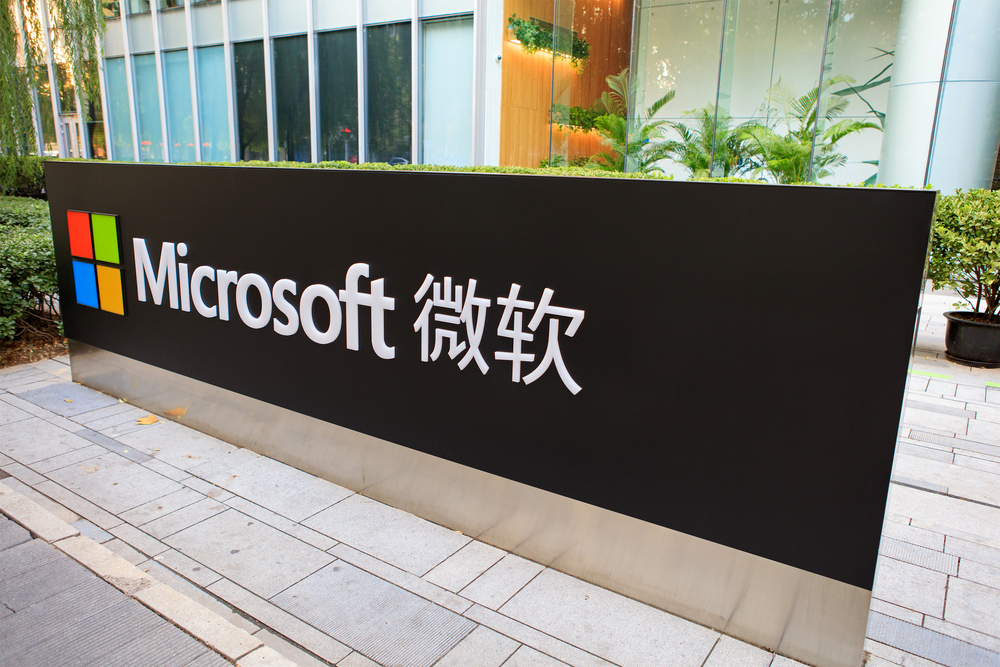 Why Microsoft Teams has only just launched in China
Why Microsoft Teams has only just launched in ChinaNews The tech giant has officially launched Teams via its local partner in China, after it was launched globally in 2017
By Zach Marzouk

